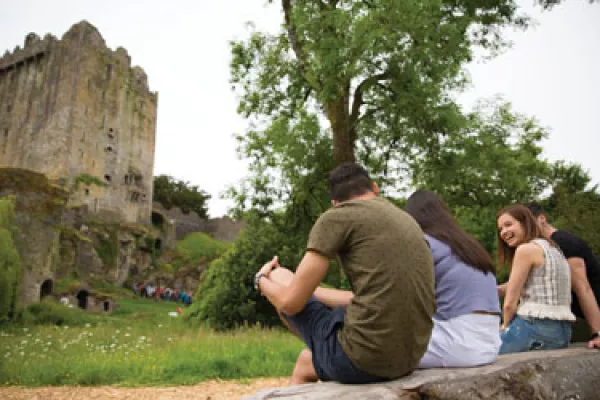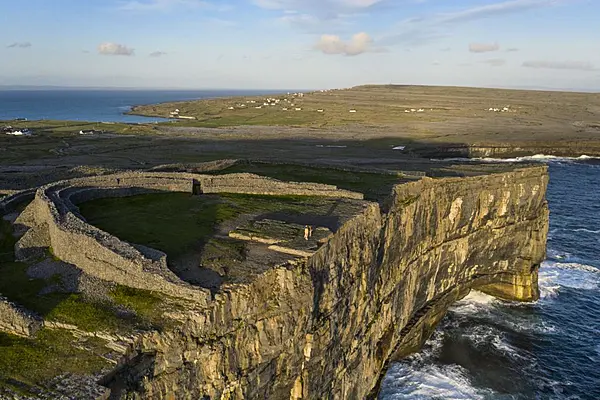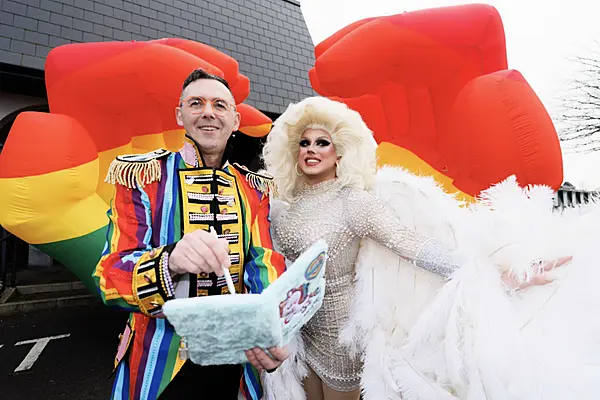The latest Fáilte Ireland Tourism Barometer, a survey of tourism businesses around the country, has been published and shows that overall industry sentiment, while still healthy, is less positive than in recent post-crisis years. The industry started this year facing a lot of uncertainty over Brexit and exchange rates, but the general feeling in the sector is one of relief that this year has worked out better than expected.
The tourism accommodation sector is performing well this year, with 63% of businesses receiving more visitors than the same period last year. Hotels are behind this strong performance, with 65% saying that visitor levels are up. Guesthouses are also enjoying a good year, with 52% experiencing increased visitor levels. The German market is performing very well for them - 58% of guesthouses have had more German visitors this year.
B&Bs are also up on balance and 44% have had more visitors to date this year with a further 35% holding steady. Like guesthouses, the strength of the German market is a key positive with 57% of B&Bs receiving more German visitors this year.
However, when tourism enterprises are surveyed about performance across markets, Northern Ireland and Britain stand out as areas of concern. Half of the accommodation providers surveyed reported that British business is down and two in five have experienced a drop in Northern Irish tourists. The proportion of those businesses impacted rises in northern counties - Cavan, Donegal, Leitrim, Longford, Louth, Mayo, Monaghan and Sligo – which are most exposed to those markets.
In terms of the sterling/euro exchange rate, about 68% of accommodation businesses in northern counties say they have been affected by the exchange rate this year, as compared to 44% of accommodation businesses in the rest of the country. The barometer also shows that 58% of Dublin accommodation providers are also affected by the value of sterling.
Commenting on the publication of the Barometer study, Fáilte Ireland CEO Paul Kelly said, “Tourism performance, in general, is still robust but Brexit is having an impact. On a national level, losses from the British market are being compensated for by strong performances in American and other markets. However, for those regions that are heavily reliant on British and Northern Irish tourists, this offers little consolation and Brexit is already making a real impact in many counties. The recent retention of the lower VAT rate will be of assistance to any struggling businesses.”









